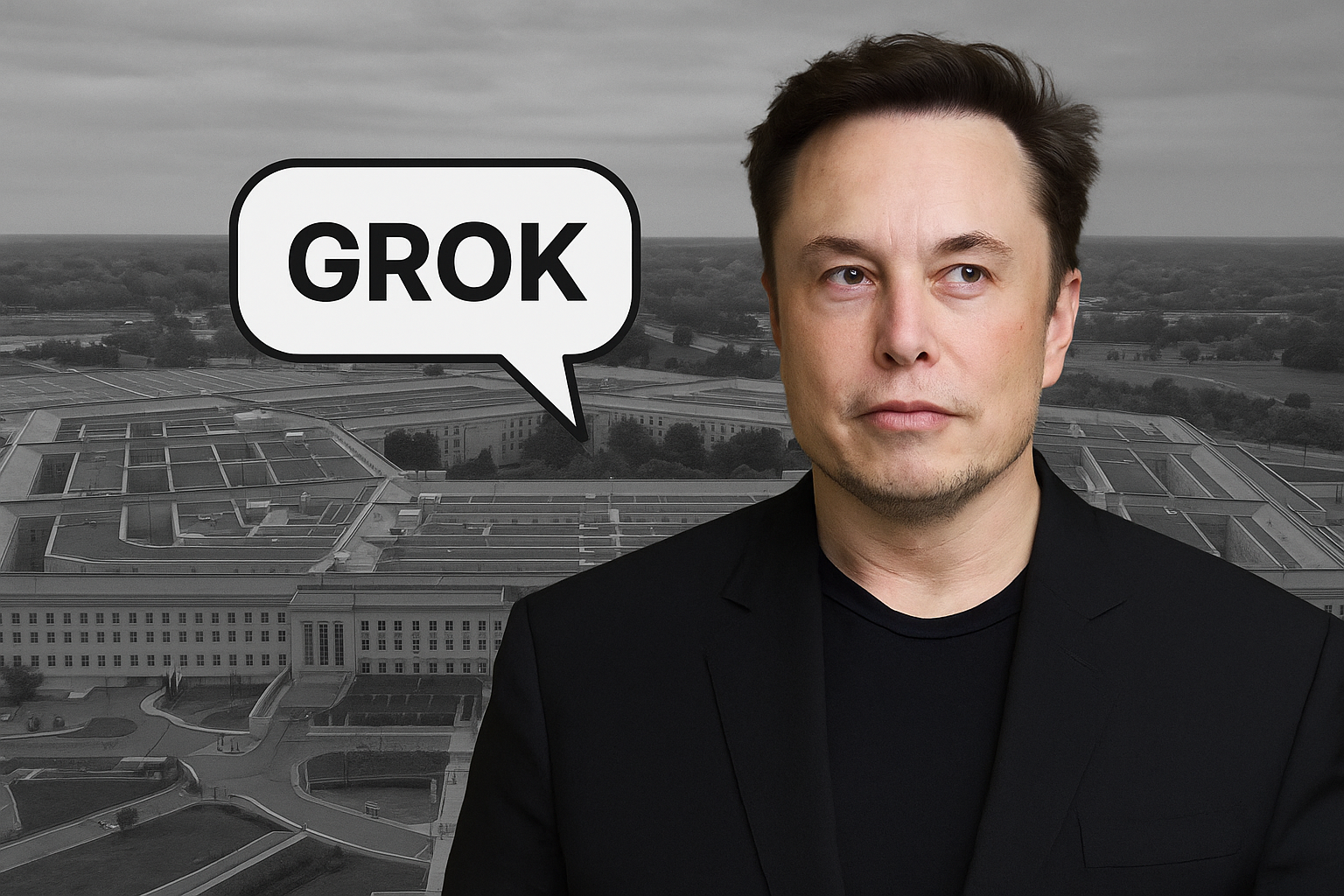The Tradeoff at the Edge of Innovation
The Pentagon just signed a deal to use Elon Musk’s AI chatbot, Grok, across federal departments. At up to $200 million in scope, it’s part of a much bigger AI initiative in Washington — over $800 million invested in frontier models from multiple vendors including OpenAI, Google, Anthropic, and now xAI.
It’s easy to get swept up in the headlines. But the real story isn’t just which model won the latest contract.
It’s about what tradeoffs the leaders of the world’s most security-sensitive organization are willing to make to stay ahead.
Because Grok’s not perfect. It’s had controversial moments, high-profile missteps, and public criticism. And yet, the DoD chose to include it in the AI stack that will support national defense, healthcare systems, and advanced research.
Why? Think about it.
The Pentagon, a place where security clearance is measured in layers of steel and concrete, is adopting a consumer-born chatbot from a tech billionaire who often trolls reporters online. Why?
Because the cost of falling behind is higher than the cost of imperfection.
Checkbox AI vs. Strategic Capability
Too many organizations treat AI as a checkbox item.
- Bought a license? Check.
- Created an internal working group? Check.
- Added “AI” to our slide deck? Check.
But real leaders look deeper:
- Are we using AI to solve actual problems?
- Is our AI implementation creating leverage?
- Are we ready to deal with the risk of deploying cutting-edge tools?
The Pentagon said yes.
Not because Grok is perfect. But because a model that learns fast and adapts faster is better than waiting for flawless AI while your adversaries don’t wait.
The Lesson for Everyone Else
You don’t need to be the Department of Defense to feel the pressure. AI is reshaping:
- How customers get answers
- How projects are staffed
- How operations scale
And in every case, the risk isn’t using a model with flaws. The risk is using none at all or not being aggressive enough.
Just like the early internet, the cloud, or mobile before it, this wave will reward organizations willing to experiment, fail small, and improve fast.
AI will not be flawless. But it doesn’t have to be.
It just has to be deployed with care, calibrated to your use case, and paired with human oversight and governance. That’s where the smartest orgs (public and private) are focused now.
Final Thought
The Pentagon didn’t pick Grok because it’s the safest. They picked it because it offers strategic advantage worth managing the risk.
And that’s the mindset shift we all need.
If the most security-conscious agency on Earth is willing to bring Grok into the room, maybe the rest of us should stop waiting for perfect.








